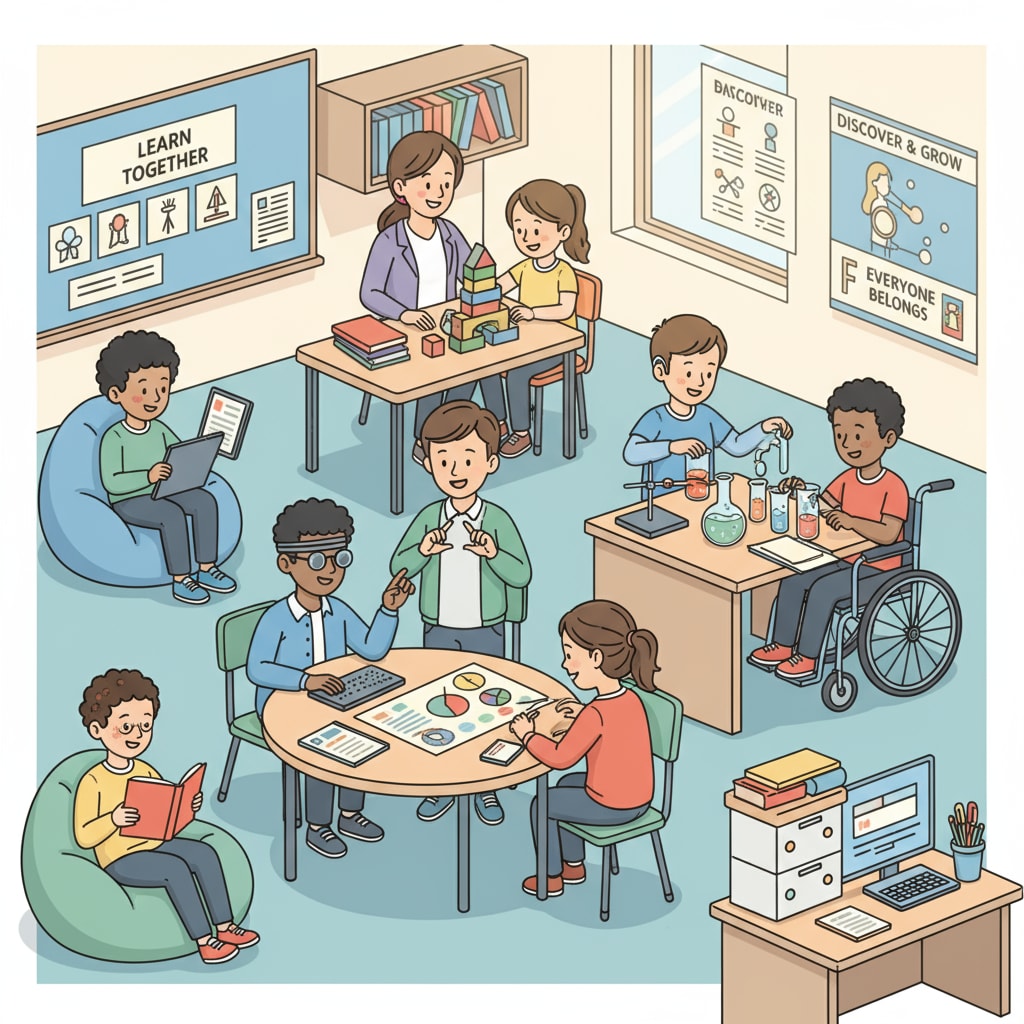Educational careers, system reform, and neurodiversity are interconnected aspects in the pursuit of a more inclusive and effective education system. Young individuals passionate about educational transformation often wonder how they can use their careers to drive meaningful change, especially for neurodiverse students. This article aims to provide a roadmap for such individuals, outlining a multi-level approach from classroom practices to policy advocacy.

The Classroom as a Starting Point
The classroom is where the impact of educational reform begins. For educators, understanding the unique needs of neurodiverse students is crucial. This involves tailoring teaching methods to accommodate different learning styles. For example, some neurodiverse students may benefit from visual aids, while others may require more hands-on activities. According to Understood.org, an organization dedicated to supporting neurodiverse individuals, personalized learning plans can significantly enhance the educational experience of these students. Teachers can also create a supportive classroom environment that fosters acceptance and collaboration among all students.
Professional Development for Broader Impact
Continuing professional development is essential for educators who want to contribute to system reform. By attending workshops and courses on neurodiversity and inclusive education, teachers can expand their knowledge and skills. This knowledge can then be translated into improved classroom practices and shared with colleagues. Institutions like the Center for Applied Special Technology (CAST) offer resources and training programs that can empower educators to better serve neurodiverse students. Through professional development, educators can become advocates for change within their schools and districts.

As educators gain more experience and influence, they can move towards school-level leadership roles. This could involve participating in school improvement teams or leading initiatives related to inclusive education. By working with administrators and other stakeholders, educators can advocate for policies and practices that support neurodiverse students. For instance, they can push for the implementation of universal design for learning principles, which ensure that educational materials and activities are accessible to all students, regardless of their abilities. This leadership role at the school level can set the stage for broader systemic change.
In conclusion, the journey from classroom teacher to educational reformer is a fulfilling one, especially when it comes to addressing the needs of neurodiverse students. By starting with individual classroom practices, investing in professional development, taking on school-level leadership, and engaging in policy advocacy, educators can make a significant impact on the education system. Educational careers thus offer a powerful avenue for driving system reform and creating a more inclusive and equitable learning environment for all students.
Readability guidance: This article uses short paragraphs and lists to summarize key points. Each H2 section provides a set of actionable steps. The passive voice is used minimally, and long sentences are kept to a reasonable proportion. Transition words like “for example”, “also”, and “through” are used throughout to enhance readability.


